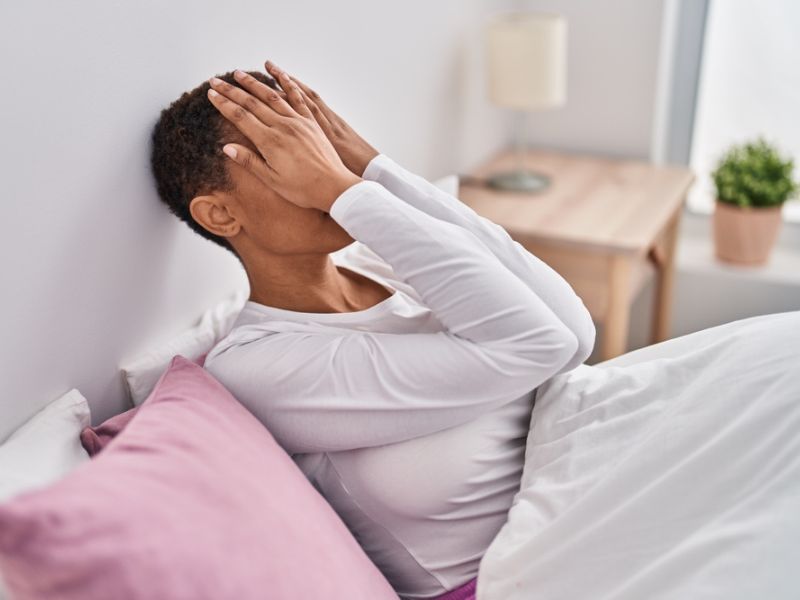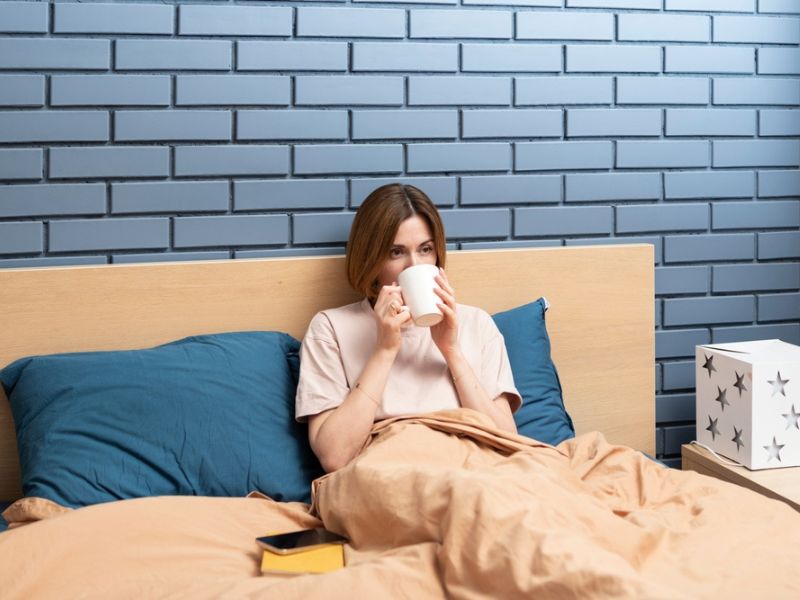It can feel awful to be sleep-deprived when you’ve pulled an all-nighter or spent the night tossing and turning. In addition to suffering from body aches and difficulty paying attention, your mood is likely to suffer as well.
Sleep affects nearly every aspect of our health, including our immune system, appetite, metabolism, blood pressure, and heart health. A single night of poor sleep can negatively affect your health. A good night’s sleep keeps us alert and healthy the next day. JAMA Network Open published a study recently that found nearly half of Americans are sleep-deprived regularly.

Image Credit: Shutterstock/Krakenimages.com
Sleep is the best way to combat sleep deprivation. Finding a quick fix is hard, but some tricks and tips can help. We asked sleep specialists how they cope with sleep deprivation. Here is what they had to say.
There’s No Need To Worry
Sleep deprivation is hard to ignore, but avoiding it is helpful. A sleep drive naturally balances the sleep-wake cycle. Stanford Health Care’s Fiona Barwick knows her body will do whatever it takes to get back on track whenever she’s low on sleep. Barwick said, “If we don’t sleep well one night, we’ll sleep better the next night. However, our sleep will be worse if we worry about it.”

Image Credit: Shutterstock/Vitaliy Abbasov
Caffeine Is Okay, But Not Too Much
There’s no doubt about it: Coffee works. Dr. Andrey Zinchuk, a Yale Medicine sleep medicine specialist, says caffeine makes us feel less sleepy and improves learning and decision-making. As a result, caffeine blocks adenosine, which increases the need for sleep. Remember that caffeine consumption should not be overdone while refilling your mug. If you haven’t slept well, caffeine can help.
Take A Walk
Barwick walks outside when she can’t nap. Research shows that even a 10-minute walk can significantly reduce stress, boost mood, and increase alertness. It can also improve your sleep drive, allowing you to sleep better. Barwick said, “That helps to ensure further I will get better sleep the coming night.”